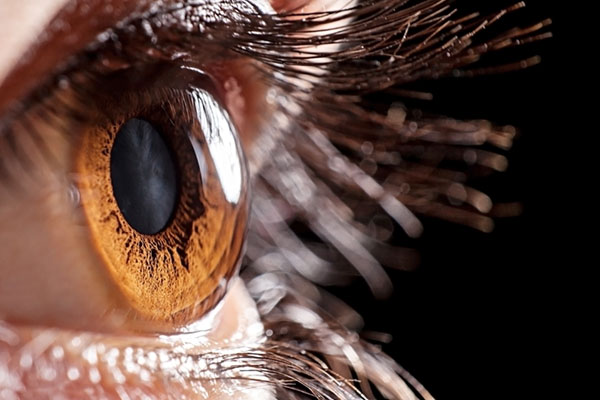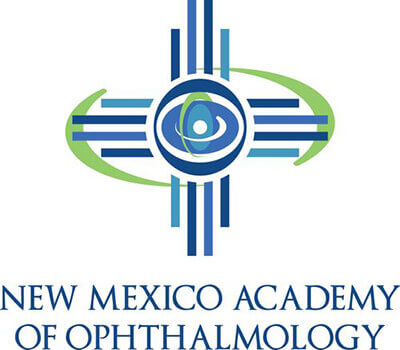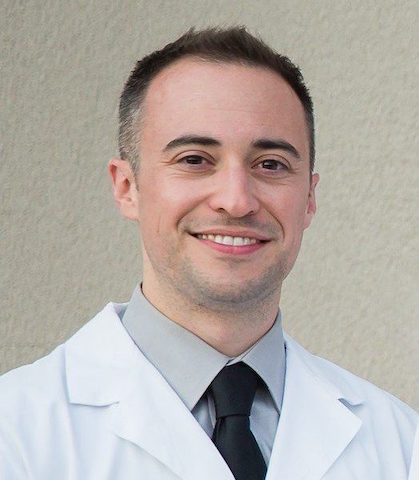Corneal Disease

A specialist of corneal disorders is a doctor who specializes in the diagnosis and management of conditions that affect the cornea, the clear front surface of the eye. They address common corneal pathologies such as corneal infections, corneal dystrophies, corneal ulcers, pterygium (a growth on the conjunctiva that can extend onto the cornea), and corneal injuries. Common procedures used by these specialists include corneal transplantation (keratoplasty), corneal cross-linking, corneal debridement, and pterygium excision to restore or improve vision, relieve pain, and promote corneal health. Their expertise helps preserve the integrity of the cornea and ensures optimal eye function and visual acuity.
Associated Procedures
Corneal transplantation (Keratoplasty)
Corneal transplantation, or keratoplasty, is a surgical procedure where a damaged or diseased cornea is replaced with a healthy cornea from a donor to restore clear vision and improve corneal function.
Corneal cross-linking
Corneal cross-linking is a procedure that involves applying special eye drops and using ultraviolet (UV) light to strengthen the cornea, particularly in cases of keratoconus or corneal ectasia, to halt or slow down its progressive thinning and improve stability.
Corneal debridement
Corneal debridement is a procedure where the surface of the cornea is gently scraped or smoothed to remove damaged or irregular tissue, allowing for better healing, relief of pain, and improvement in corneal health.
Pterygium excision (Pterygium removal)
Pterygium excision, or pterygium removal, is a surgical procedure to remove a pterygium, a growth of conjunctival tissue that extends onto the cornea, which can cause discomfort, irritation, and visual disturbances.









